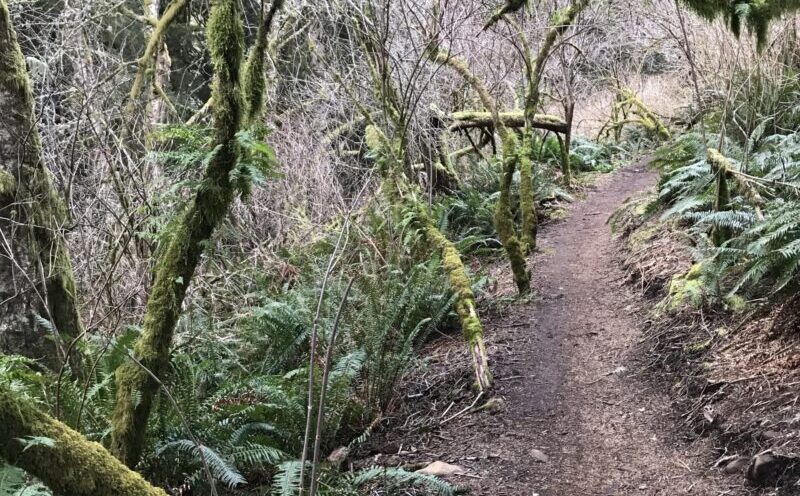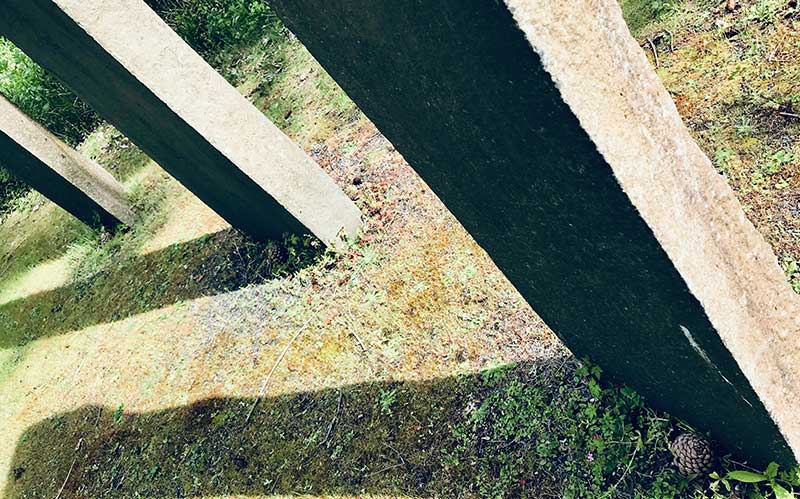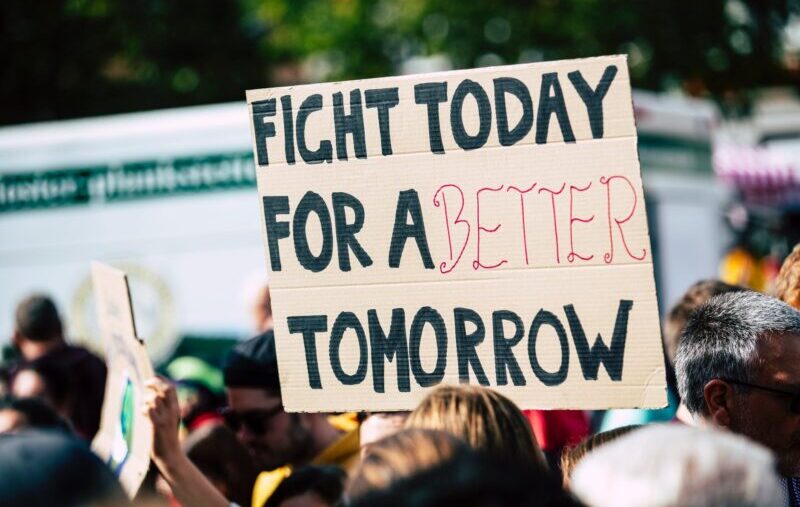 Seth Godin published a brief, excellent piece this morning called The Thing About Maps:
Seth Godin published a brief, excellent piece this morning called The Thing About Maps:
“Sometimes, when we’re lost, we refuse a map, even when offered.
Because the map reminds us that we made a mistake. That we were wrong.
But without a map, we’re not just wrong, but we’re also still lost.
A map doesn’t automatically get you home, but it will probably make you less lost.
(When dealing with the unknown, it’s difficult to admit that there might not be a map. In those cases, a compass is essential, a way to remind yourself of your true north…)”
His writing took me back to a series of October mornings in 2014 which I wrote about in the early pages of my book, A More Daring Life: Finding Voice at the Crossroads of Change. I hope you enjoy this excerpt and that it inspires a bigger conversation about how you navigate the unknown.
~~~
For just a moment, I considered staying in bed. It was 6:15 a.m. and my commitment to getting out for an early hike was being tested by the darkness of the hour. A peek out the window had me convinced it was the dead of night and the thrumming rain only strengthened my impulse to hunker down for a little more sleep.
I was in a cabin on the grounds of the Whidbey Institute in Washington State, a property crisscrossed by forest paths I had first seen in the light of day the previous afternoon. During that well-lit walk in the woods, I realized with satisfaction that the trails would provide an ideal way for me to get some exercise each morning of the leadership conference that I had traveled here to attend.
But once I’m up, I’m up. And I can be a stubborn guy when it comes to changing my plans. Dismissing the darkness, the rain, and my embarrassingly limited knowledge about the property, I got ready to go.
A trail map in one pocket and a small flashlight in hand, I headed down the lane with my usual confidence and a focus on completion. I might as well have taken along a candle and a fortune cookie, so closed-off was I to any form of help. With huge drops of water tumbling from the pine trees above and mud squishing under my heels, I was enthralled by the moment and blind to my arrogance. I had concluded in reviewing the trail map that by navigating the intersecting trails in just the right way I could construct a three-mile loop that would maximize the uphill climbs. It was this loop I was seeking as I crashed into the darkness, assuming that what made sense on paper would materialize before my eyes. It did not, and I got lost. Again and again I was forced to stop, frustrated and breathless, so that I could reorient to the path. I did not complete the route I set out to do. I was lucky to get back in time for breakfast.
On the second morning, I was smarter but no wiser. I was not ready to do the essential thing required of walking in this unknown forest in the darkness: to slow down and notice. I would not let go of my head’s agenda, still believing that I could just figure it out along the way. I backtracked multiple times, misread the map, and found myself at the end of a trail in an open field next to a school. It was one of many recalculations that only took me farther off course.
On the third day, in what I believed was my growing humility, I committed to a different approach. I took the flashlight along but left the trail map in my room. I reasoned that this would leave me no choice but to rely on presence. I would have to notice what was around and available to me at a given moment. I would have to slow down to see the trail markers and to recognize aspects of the landscape I had seen before and could use for guidance.
I got lost again.
This time, I was incredulous. Although I had good intentions, my actual choices did not back them up. I wanted to slow down, but I just wouldn’t do it. I wouldn’t let go of my head’s need for completion and achievement. As I contemplated the perilously steep incline of my learning curve, I shuddered to think how a fourth encounter would have gone. My saving grace was the reality of scheduling and a return flight home.
I like to think I would have finally “discovered” the forest in the way that it was so patiently waiting for me to do. I like to think I would have taken care with my time and energy to assess and clarify the best path. Perhaps in a few days (weeks?) something would have shifted. Some new awareness born of the repetition of my obstinacy might have emerged, and little by little I might have started to learn. Perhaps.
I recognize that this kind of insistence – a stubborn refusal to accept the reality of my circumstances – says an awful lot about my particular makeup. I also know that I am not alone in this. What I see, as those who are most afflicted are best equipped to do, is a raft of leaders continuing to do things that no longer make sense. We are operating under radically different conditions than we are used to and we are ignoring the resources at our disposal. We are acting more like heroes on whose shoulders all responsibility must fall rather than like learners who are vigilant in their curiosity.
Doing the same thing, only faster, is an insufficient response to complexity and change. We have to make a different choice in the face of the unknown. We may, finally, just have to stop and get our bearings, about as radical a thing we can do in a world that is constantly on “go.” Coming to a standstill has a way of getting our attention in a new way. What might happen if we stopped long enough and frequently enough to get a deeper understanding of ourselves?
What might happen if we made just enough space for a new conversation about why we are so insistent on continuing down paths that no longer serve us?
DAVID BERRY is the author of “A More Daring Life: Finding Voice at the Crossroads of Change” and the founder of RULE13 Learning. He speaks and writes about the complexity of leading in a changing world.




